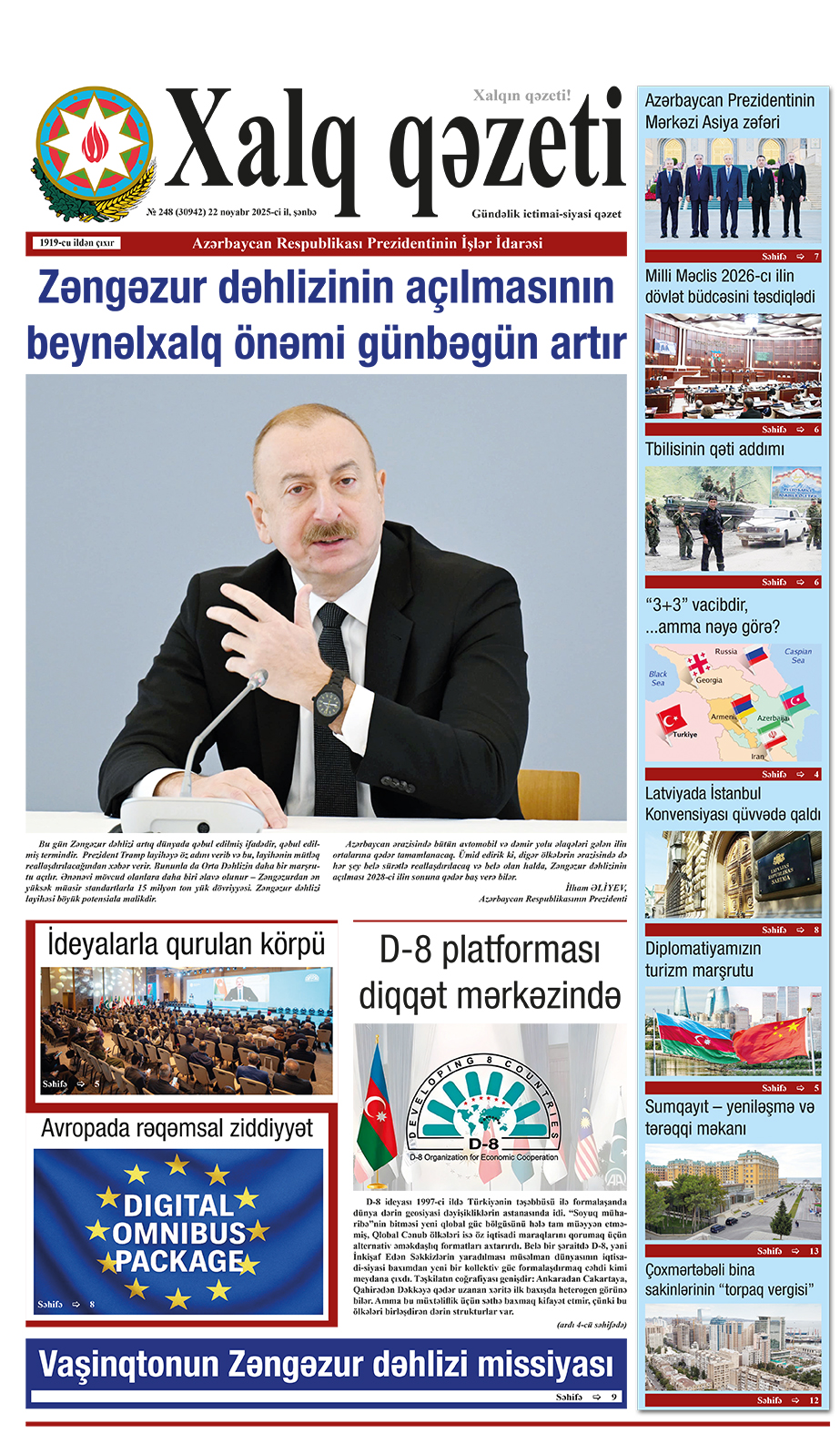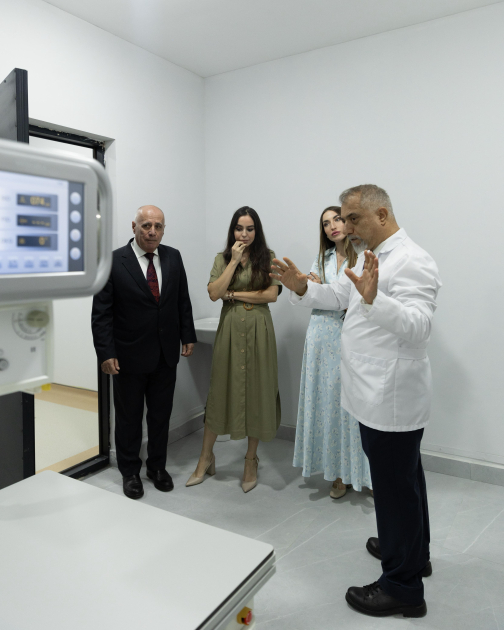Overturning long-held assumptions about how people react to news and information that challenges their beliefs, a groundbreaking Israeli study suggests that factual knowledge can reduce polarization on divisive political issues, according to The Press Service of Israel (TPS-IL).
“Our study shows that people are more open-minded than we often assume,” said Dr. Eran Amsalem, a senior lecturer at the Department of Communication and Journalism at the Hebrew University. “When individuals are given high-quality, balanced facts and a reason to learn them, they don’t simply cling to their old beliefs—they revise them. This offers a hopeful message: factual knowledge, when properly delivered, can be a powerful antidote to polarization across a range of contentious issues.”
Amsalem, along with Dr. Michael Nicholas Stagnaro of the Massachusetts Institute of Technology, led a team of researchers who found that audiences presented with balanced, credible information were more likely to moderate their views. The findings offer some of the clearest evidence to date that exposure to counter-attitudinal information, when properly delivered, can foster more open-mindedness—and that the effects can persist over time.
The study was recently published in the peer-reviewed Nature Communications journal.
For years, political science research has supported the idea of “motivated reasoning,” a phenomenon where individuals selectively accept facts that support their preexisting views while rejecting facts that challenge them, often becoming even more extreme in the process. Many experts assumed that efforts to provide information about divisive topics would only deepen political divides. However, Amsalem and Stagnaro’s findings challenge that assumption directly.
In a randomized experiment involving more than 1,000 Americans, participants were presented with a large body of credible facts about gun control — some of which reinforced their existing opinions and others that contradicted them. They were modestly incentivized to engage carefully with the material. Rather than avoiding facts that challenged their views, participants read and absorbed the information, and crucially, retained it. When researchers followed up a month later, participants still remembered what they had learned, and their views on gun control remained more moderate than before.
The study not only showed that factual learning can shift opinions away from the extremes, but that gaining knowledge does not have to come at the price of greater interpersonal animosity, a common fear in discussions of political polarization.
“This research challenges the notion that people are hopelessly locked into their political identities,” said Stagnaro. “It suggests that, under the right conditions, minds can change — and stay changed.”
The findings suggest that political moderation is a realistic outcome if societies invest in delivering balanced, high-quality information and motivate people to engage with it.
The results could inform a broad range of efforts — from civic education and journalism to social media design and public policy communication — highlighting the need to prioritize not just the accuracy of information, but also its presentation, accessibility, and balance.
“At a time when trust in institutions is fragile and extremism spreads easily, our findings highlight the importance of making credible, balanced information readily available,” Amsalem said. “There is real potential for societies to reclaim the middle ground if we invest in the right informational tools.”




















